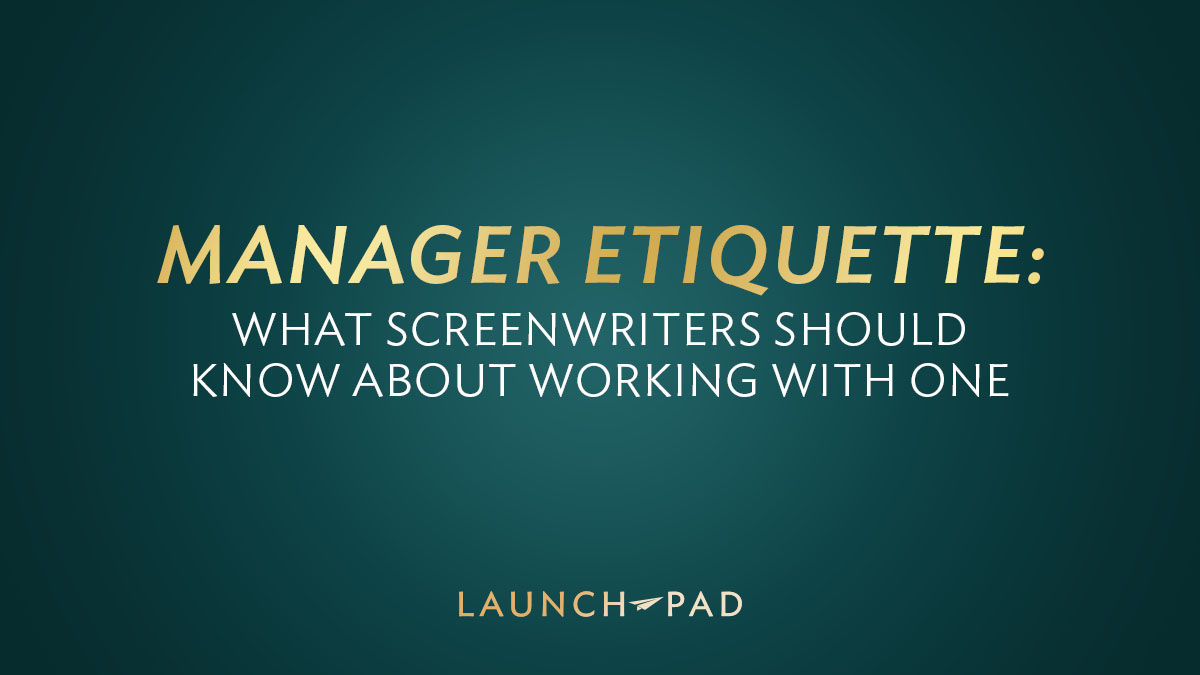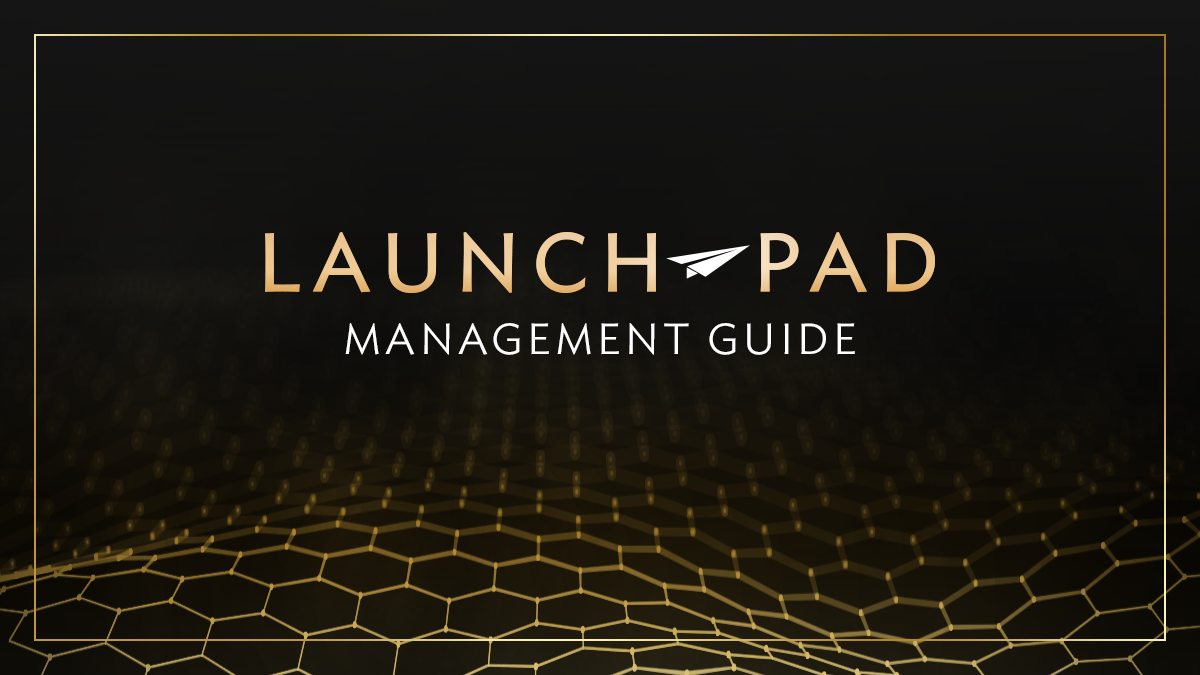
It’s not what you know. It’s who you know.
We’ve all heard that expression before. If you’re reading this article, it’s probably been in the frustrating context of trying to break into the film and television industry.
This can feel like, “It doesn’t matter how good you are. The only thing that matters is how connected you are.”
Most of us, myself included, are coming into this business without any kinds of industry connections. I moved here from a small town in West Virginia, and I was deathly afraid this career was a pointless endeavor for me. I thought that maybe I could maybe write, but what did it matter if I didn’t have any connections?
After several years of pounding my head against every wall I could find: entering contests, doing production company internships, working for free, I finally found myself in the situation that most of us are chasing. I had reps. For the first time, I had real connections in this business.
It’s true that Hollywood is an industry built on relationships, and the most important relationship to cultivate in this industry is with your reps. They’re your champions. They’re your team. These are the people riding with you for all your ups and downs.
Going from having no connections to suddenly having reps is a huge change to navigate. What are the Dos and Don’ts in managing your new relationship with your reps?
 Enter the Launch Pad TV Pilot Screenwriting Competition! Regular Deadline ends Jan. 17th.
Enter the Launch Pad TV Pilot Screenwriting Competition! Regular Deadline ends Jan. 17th.
DON’T: Rush Your Decision
I get it. I’ve been there. We all have. We look at getting signed as the end of a long, hard road. The sign that we’re on the right track. We’re eager to sign with the first manager or agent that comes knocking on our door.
But, before you sign on with your reps, you want to be sure these are the right people for you.
I’ve had countless discussions with friends who have gotten into a manager-writer relationship and found that within a year or two that the connection wasn’t working. The relationship was faltering. They simply weren’t on the same page with their reps anymore, if they ever really were.
These were talented, experienced writers who suddenly found themselves blocked, trying to change their voices and styles and genres to fit in with what their reps seem to want. No longer working on projects they’re passionate about.
“I don’t understand what my reps want from me,” they said to me.
I’ve been there. Many writers have. Usually, it’s not really anyone’s fault. It’s just that the expectations weren’t set from the beginning.
DO: Discuss Your Goals
Early in the relationship, preferably before you sign on, have a frank and open dialogue about what you’re both looking for. This is your career, yes, but it’s also theirs. They want to know what they can expect from you. How to sell you now and in the future.
Managers and agents are interested in you because they like your voice. They like the way you write. They read a spec sample of yours, and they want to work with you to build your career out of that.
But, that’s just one piece of writing. Hopefully, it’s an example of the kind of writer you are, the kind of writer you want to be. The genre and style you want to continue to play in as you advance in your career.
This is an extreme example, but if they signed you off of a PG family comedy, they might be unpleasantly surprised if your next feature is a hard-R slasher movie.
Or, conversely, if they like your writing but think you should move away from your genre into something they’re more comfortably selling, that’s something you’d want to know upfront.
The only way you’ll be able to build your career together is if everyone knows what you want that career to look like.
DON’T: Surprise Them
Imagine you’re on a sports team. Or in the foxhole, a battle raging around you. The most important thing to remember in that situation, as you look at the people next to you, is that you’re all in it together.
Your decisions affect them. Their decisions affect you.
The last thing you would want to do is make a risky move that takes your team by surprise.
You’re building something together, so it’s important to discuss any moves you want to make.
This means, don’t surprise them with a spec script they had no clue you were even writing. Don’t enter screenwriting contests unless you discuss it with them first and they see a reason to do so. Don’t casually float a new script to a producer or exec you know unless your team gives it the okay. Don’t make your script available for industry download unless you’re told it’s fine to do so.
Your script is your commodity, and your team wants to know where it’s been. Who’s seen it. If they can’t track where your script is in the marketplace, it puts them and you at a disadvantage.
DO: Communicate
When it comes down to it, the number one rule for managing your relationship with your reps is communication. Your reps can’t help with your career if they don’t know what’s going on with it. They track your scripts, your meetings, your relationships. They know the marketplace — what’s selling and what isn’t.
For your relationship to work for both you and them, you need to maintain a good, communicative working rapport.
Before you start writing a spec, you’re going to discuss several ideas and loglines before you mutually decide what idea is most beneficial to you and your career goals.
As you write your script, you’ll be getting their notes along the way so you don’t suddenly surprise them with a draft that doesn’t work.
After general meetings, you’ll want to send them notes on how they went. What was discussed. Potential projects that may arise with that company, and what that company is looking for.
Early in my relationship with my new team, my agent told me to err on the side of overcommunicating. That they would rather know too much than too little.
Good communication with your reps about your goals and expectations, as well as theirs, is the only solid foundation to a good and lasting working relationship.
Brian T. Arnold has won the Launch Pad Feature Competition, Best Thriller and Best Drama in the Script Pipeline First Look Competition, and Best Thriller in the Shore Scripts Competition. He’s also been featured on the Hit List and the Young & Hungry List and placed in the Top 50 of the Nicholl Fellowship. He’s repped by Bellevue Productions and APA.



